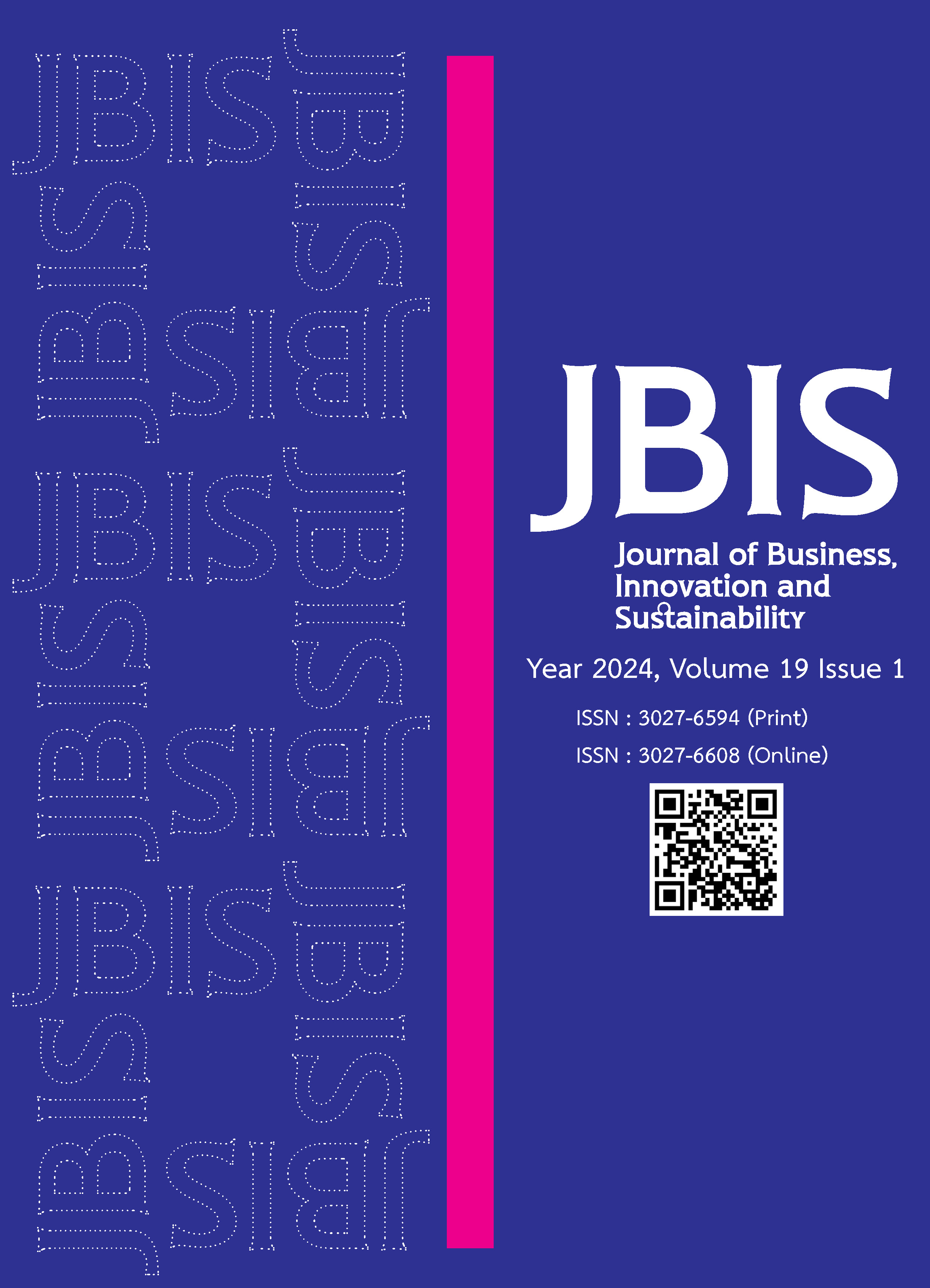Factors Influencing Online Information Seeking during Covid-19 Outbreak in Thailand
Main Article Content
บทคัดย่อ
The present study aims to investigate factors that influenced online information seeking during Covid-19 pandemic in Thailand. Survey research method using online questionnaire was used to collect data from 950 participants. Findings show high level of information seeking among respondents, with professional online news media being the most used source. Respondents’information processing was high across all information channels. Hypothesis testing shows that psychological risk, social risk and safety risk perception were determinants of affective response which in turn, along with informational subjective norms, predicted perceived information sufficiency. Factors found to influence information seeking from professional online news media included perceived information gathering capacity and perceived information sufficiency. For online media of famous online personalities and general public, only perceived information sufficiency was found to affect information seeking of the Thai people. For government’s online media, two factors affecting information seeking were perceived information sufficiency and relevant channel beliefs.
Article Details

อนุญาตภายใต้เงื่อนไข Creative Commons Attribution-NonCommercial-NoDerivatives 4.0 International License.
เอกสารอ้างอิง
Bchetnia, M., Girard, C., Duchaine, C. and Laprise, C. (2020). The outbreak of the novel severe acute respiratory syndrome coronavirus 2 (SARS-CoV-2): A review of the current global status. Journal of Infection and Public Health, 13(11), 1601-1610.
Cori, L., Bianchi, F., Cadum, E. and Anthonj, C. (2020). Risk perception and COVID-19. International Journal of Environmental Research and Public Health, 17(9), 3114.
Eysenbach, G. (2020). How to fight an infodemic: The four pillars of infodemic management. Journal of medical Internet research, 22(6), e21820.
Fischhoff, B., Bostrom, A. and Quadrel, M. J. (1993). Risk perception and communication. Annual Review of Public Health, 14(1), 183-203.
Ford, J. L., Douglas, M. and Barrett, A. K. (2022). The role of pandemic fatigue in seeking and avoiding information on COVID-19 among young adults. Health Communication, 1-14.
Griffin, R. J., Dunwoody, S. and Neuwirth, K. (1999). Proposed model of the relationship of risk information seeking and processing to the development of preventive behaviors. Environmental Research, 80(2), S230-S245.
Kahlor, L., Dunwoody, S., Griffin, R. J. and Neuwirth, K. (2006). Seeking and processing information about impersonal risk. Science Communication, 28(2), 163-194.
Lambert, S. D. and Loiselle, C. G. (2007). Health information—seeking behavior. Qualitative Health Research, 17(8), 1006-1019.
Li, J. and Zheng, H. (2022). Online information seeking and disease prevention intent during COVID-19 outbreak. Journalism & Mass Communication Quarterly, 99(1), 69-88.
Limsringam, P., Sasithanakornkaew, S. and Apisupachoke, W. (2021). Information pereption concerning novel coronavirus (Covid-19) through social media on the attitudes and preventive behaviors of citizens in Bangkok. Journal of MCU Nakhondhat, 8(9), 18–33.
Littlejohn, S. W., Foss, K. A. and Oetzel, J. G. (2017). Theories of human communication (11th ed.). Long Grove: Waveland Press.
Liu, M., Chen, Y., Shi, D. and Yan, T. (2021). The public's risk information seeking and avoidance in China during early stages of the COVID-19 outbreak. Frontiers in Psychology, 12, 649180.
te Poel, F., Linn, A. J., Baumgartner, S. E., van Dijk, L. and Smit, E. S. (2021). Sick for information?: Information needs and media use of the Dutch public during the Covid-19 pandemic. European Journal of Health Communication, 2(3), 24-43.
Isara News. (12 May 2021). Thai PBS issues apology statement, designating investigation team on news editor assistant reporting fake news about vaccine side affects Udonthani. Retrieved December 10, 2021 from https://www.isranews.org/article/isranews-other-news/98491-isranews-cov.html
Wildavsky, A. and Dake, K. (1990). Theories of risk perception: Who fears what and why?. Daedalus, 119(4), 41-60.


